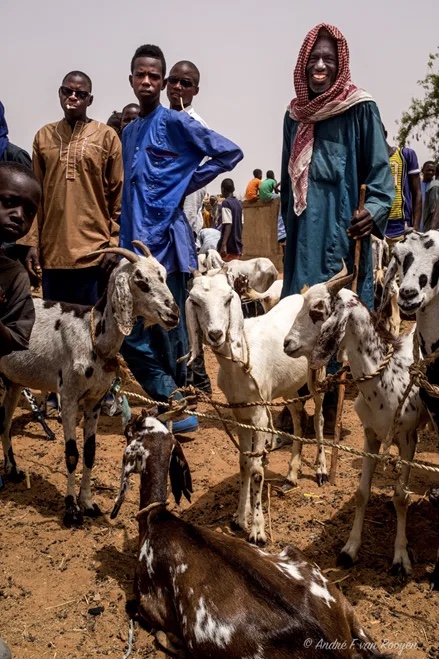
This year, Tobaski (Eid Adha), is next week. Festival of sacrifice and feasts for almost all Muslims. The majority of Gambian Muslims struggled or are still struggling with rage to buy common rams for the Eid Al-Adha celebration.
Some of my fondest memories as a child in the village were the Tobaski celebration. During those earlier years of my life, it was custom for the children in my family to wake up early in the morning, get dressed in our very best attire and anticipate the family activities to take place on that day. Then, after my siblings, we would go for the sheep for slaughter after attending the morning Eid prayer.
When our father, with other elderly folks, got back, we would wait till the Tobaski ram had been slaughtered and proceeding to the slaughter area to watch the distribution of the meat to our neighbours, friends, family, and the poor.
As soon as the distribution is done, all the children in the house would go for visits to friends and family and exchange greetings and gifts (“Ndewenal or Salibo”).
After the euphoria of the day, my family would settle down for the Tobaski cuisine in the evening. At the end of each Tobaski period, I was always despondent as a young boy because I never wanted the day that I appreciated for all its charity, fun, and harmony to end.
Now, as a grown-up, I appreciate the day for something much more profound. I understand it as a time to show respect for sacrifice and reflect on our obligations to the people we know. It is also a time to demonstrate charity, commitment, cooperation, compassion, and a sense of unity and oneness.
Finally, it is a time to celebrate the principles, meaning, and essence of Islam. Eid Al-Adha( Tobaski) contains many beautiful messages, including the fact that it is an external expression of the testimony of faith. (See my next post on Tobaski).
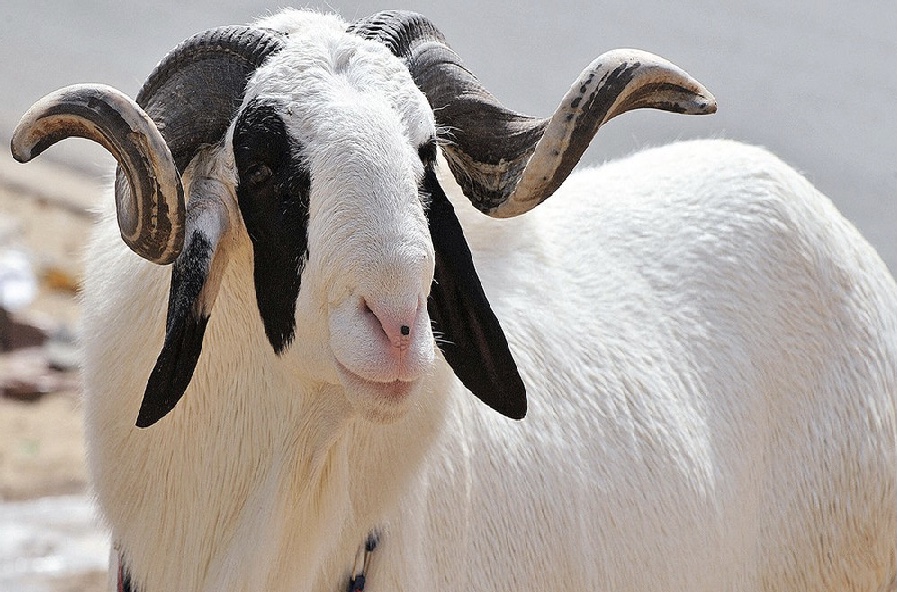
Capitalist or elite greed breeds mass poverty, which tears the moral fabric of society. The thieves President Adama Barrow disavowed to jail, and the secured repentant ones in his government, are bribing the people with Tobaski rams, and the people are hailing them.
The government of Adama Barrow is pushing them to make this for political gains. They have learned to eat the unclean and say “Astaghfirullah” after Tobaski. I did not hear President Barrow declare war on the spiraling poverty wrecking the nation.
I have not heard President Barrow vow to remove the life support plug of the overfed elite who daily escape abroad to use the toilet. Although removing ram sale tax concessions on animal husbandry and others in the animal care sector, the government informs the unsuspecting public about how the government overtaxes Gambians.
However, they are the very agents and enablers of such tax measures. Some crooked politicians in the Gambia disagree with crucial government policies but still want to retain the salaries, perks, and cars courtesy of the very administration.
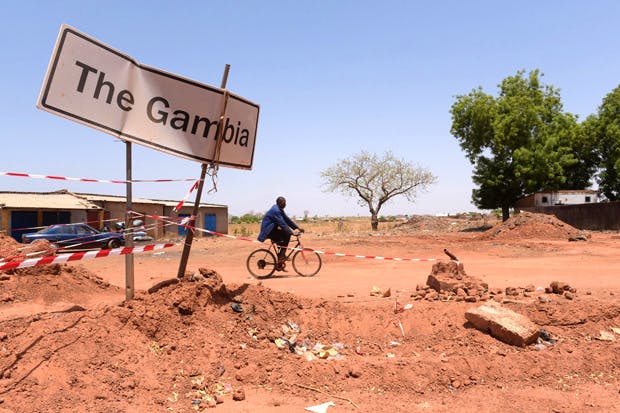
The Gambian elites and politicians are few and wealthy, and they flaunt it. Even animals in the wild have a better sense of economic justice.
Political economist Henry George draws our scrupulous attention to this. He says no one ever saw a herd of buffalo, of which a few were fat and the vast majority lean. He adds that no person ever saw a flock of birds, of which two or three were swimming in grease, and the others all skin and bone.
The poor Gambian yawn with envious red eyes while the corrupt elite feast. The Gambia personifies resistance to common sense. Ironically, we have a rich country with poor citizens; we are a profoundly religious but sinful nation.
Official statistics always tell us that the economy is doing well. However, moreover, we ask: what is the meaning of doing well?
We often hear that the Gambia is not lacking; it is costly and blessed with natural resources, the land of the “Smiling Coast.”
However, why should Gambians in their majority struggle to live with smiling depression? That is a question President Barrow should ask himself and answer why he did not jail thieves adversely mentioned in the Janneh Commission of Inquiry and those serving in his government top positions accused of corruption.
The Ministry of Finance and Economics Affairs recently said that inflation had steadily maintained a climbdown in a press statement. However, the market is not saying that.
Muslims are in their season of piety, purity, and sacrifice. If inflation has gone down, why are Tobaski rams priced beyond the pocket of the conscientious Muslim? Why are politicians pre-buying 2021 votes with 2020 rams? Why is the middle class still miserable? Whether under Yahya Jammeh or with Adama Barrow, what has changed for the hungry government worker and continues to receive low minimum pay?
The poor man, the unpaid workman, daily loses his loved ones to the inadequacy in the Gambia’s health care system. He is sad, but he watches the egregious power elite with envy. He aspires and prays to enjoy what the elite want vacationing abroad.

The unprivileged will always seek to make it – sometimes, especially where it is rigged against him. Sometimes, he sees law as a hindrance to his “making it.” He seeks to subvert and demolish the house of values and make it big like the big man before him. Aristotle said so: “poverty is the parent of revolution and crime.”
I ask daily: Why are Gambians so poor? Even you can request that question until the end of the world, and you are not likely to get an answer.
It is a conundrum. Governments go, governments come, the paradox of poverty in opulence stays with the Gambians. It is an elite thing. They get more productive and fitter while the people sink in debts and wants and in illnesses.
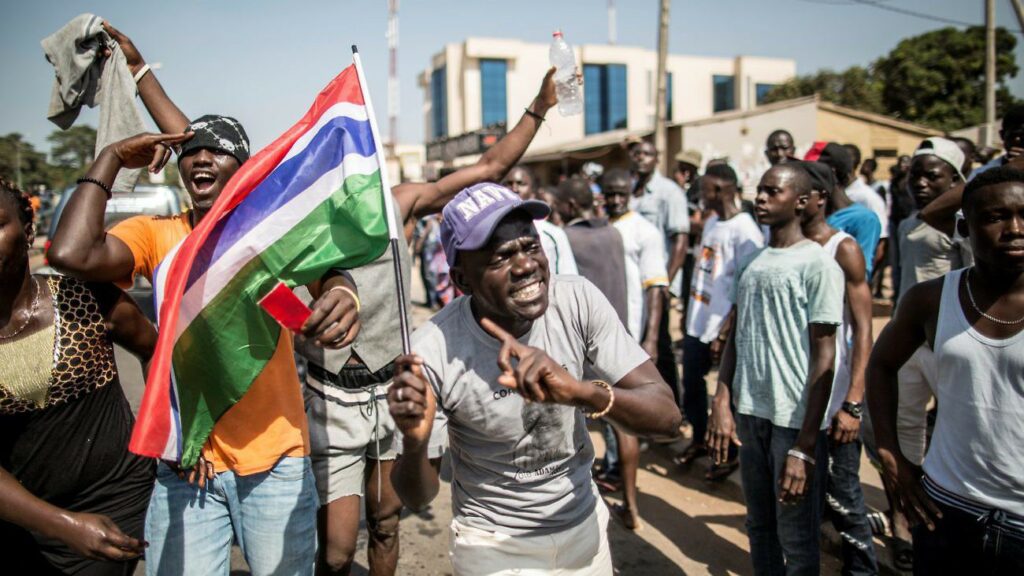
Furthermore, the corrupt elite politicians will not ever heed Rome to Greece to the Gambia; vast inequality of fortunes destroyed all the past republics.
This ‘equality of fortunes’ includes access to necessary services, excellent health care. It contains equal access to justice, to the general patrimony, and its dividends. It excludes jailing enemies who steal and cuddling friends who rob.
Mary Harris Jones, a United States labour and community organiser, said something about this more than a century ago. In a speech at Coney Island in 1903, she spoke about the elite and their definition of justice: “I asked a man in prison once how he happened to be there, and he said he had stolen a pair of shoes. I told him that if he had stolen a railroad, he would be a United States senator.”
Here, they steal roads, embezzle airports, and confiscate seaports; they then port to the ruling party to enjoy their loot forever undisturbed.
Apart from lucky Gambians in the telecoms and finance sectors, civil servants and corrupt politicians were also “doing well.” We know politicians always do well – even under the military.
So who are the “civil servants.?” They are the miserable ones whose salaries remained detained in the greedy closets of their accountants. Those were the victims under Jammeh’s presidency. They were still victims in 2021.
Moreover, it has always been like that for the ordinary government worker. Gambian civil servants, be it teachers, doctors, nurses, and some police. They have to pay landlords. Landlords are ejecting them. No food-seller gives them credit.
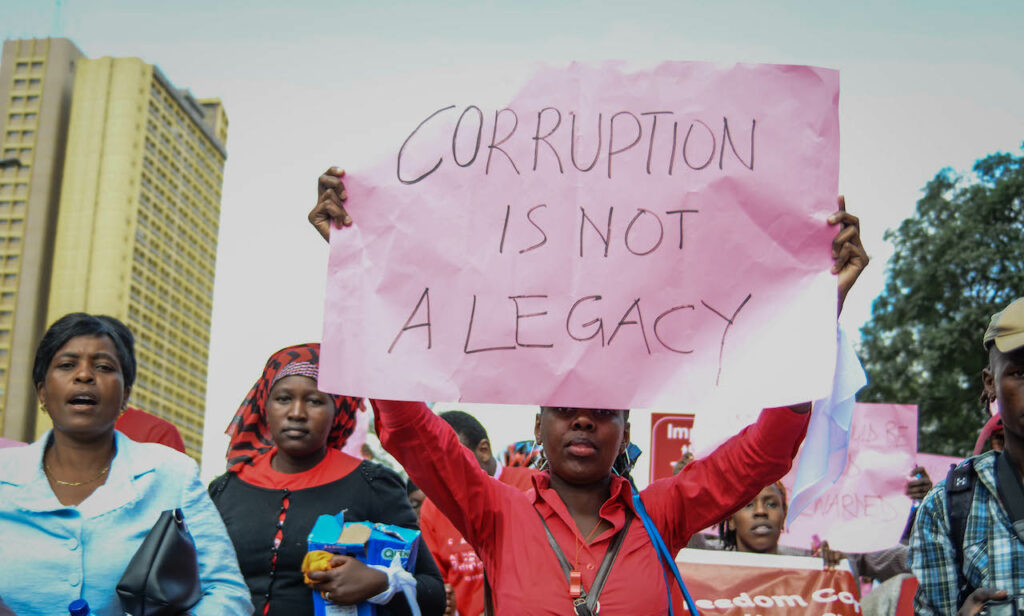
Are you saying that the Gambian civil service should die before they are paid decent wages? The phenomenon of workers not being able to afford Tobaski ram started with a republic decades ago- with the Presidential System.
It is a big disgrace – both nationally and internationally. As a result of poor wages, salaries, and allowances as and when due, many workers have died, most homes have been broken, children have been withdrawn from school up to the university level because their parents could not pay their fees, a phenomenon that has never happened in the history of this country.
President Adama Barrow. I hope he will be jailing ugly unrepentant thieves; he will have time to disown his wealthy, handsome State House advisers when teachers and university lecturers and state counsels are unsatisfied with salaries and working conditions but would jostle to pray and dine with him in State House.
Let us hope the president will ask himself why a majority of his people are hungry; why his insecticide is not stopping (and will not stop) mosquitoes from infecting the nation with crimes and criminality; why poverty increases in number daily on the streets; why our politicians and their allies remain desperate for criminal riches – and why helpless people clothe thieves with mass presence in their homes and at their campaign rallies.
By Alagi Yorro Jallow











Recent Comments